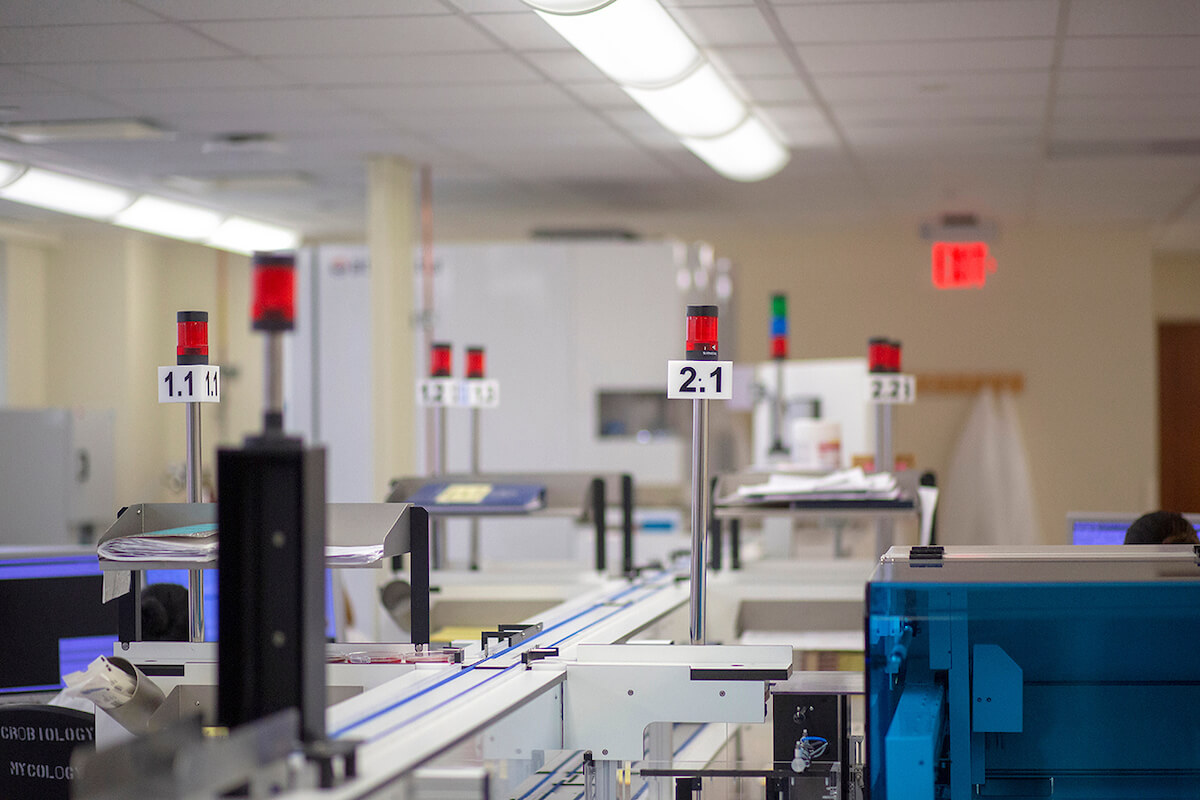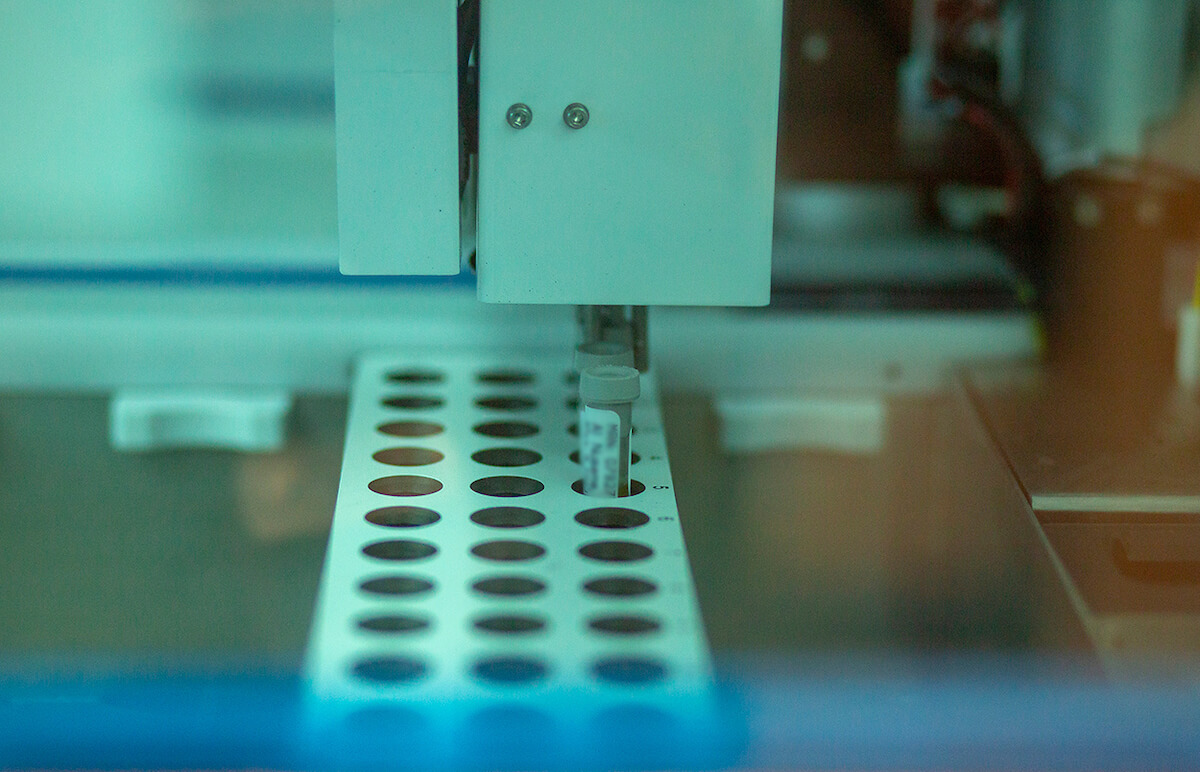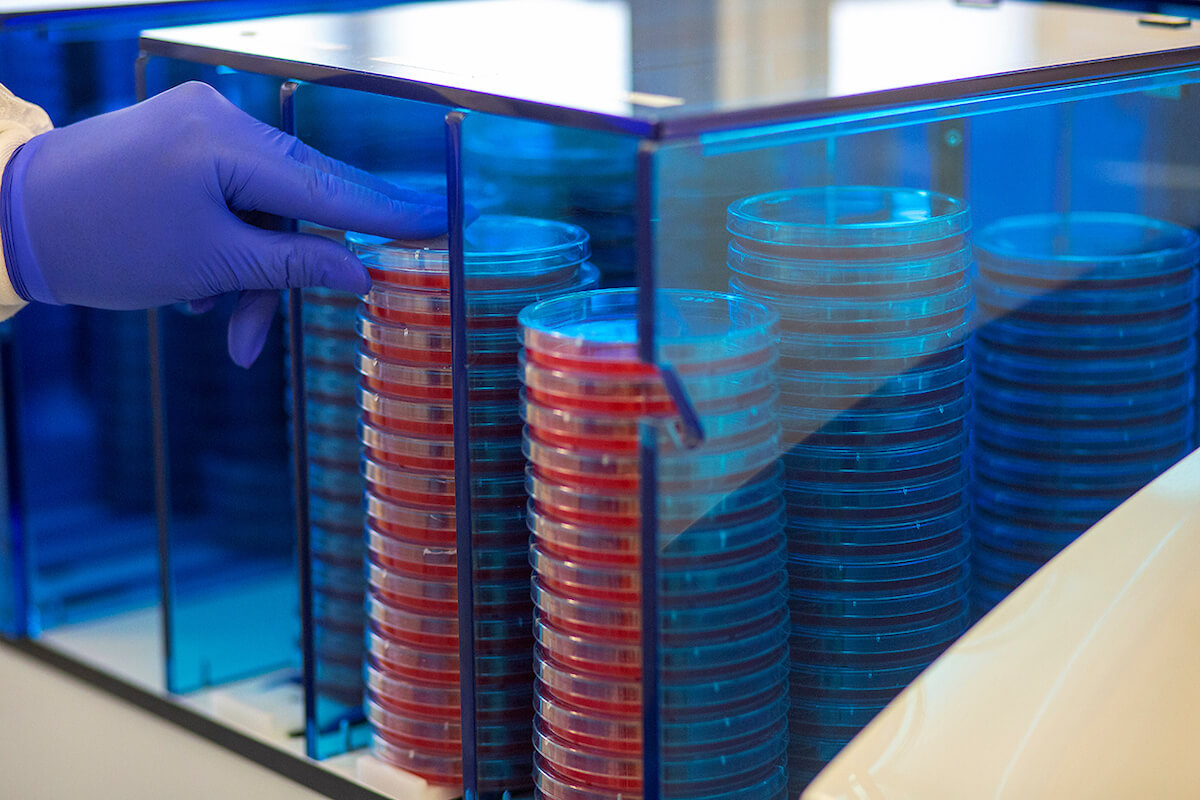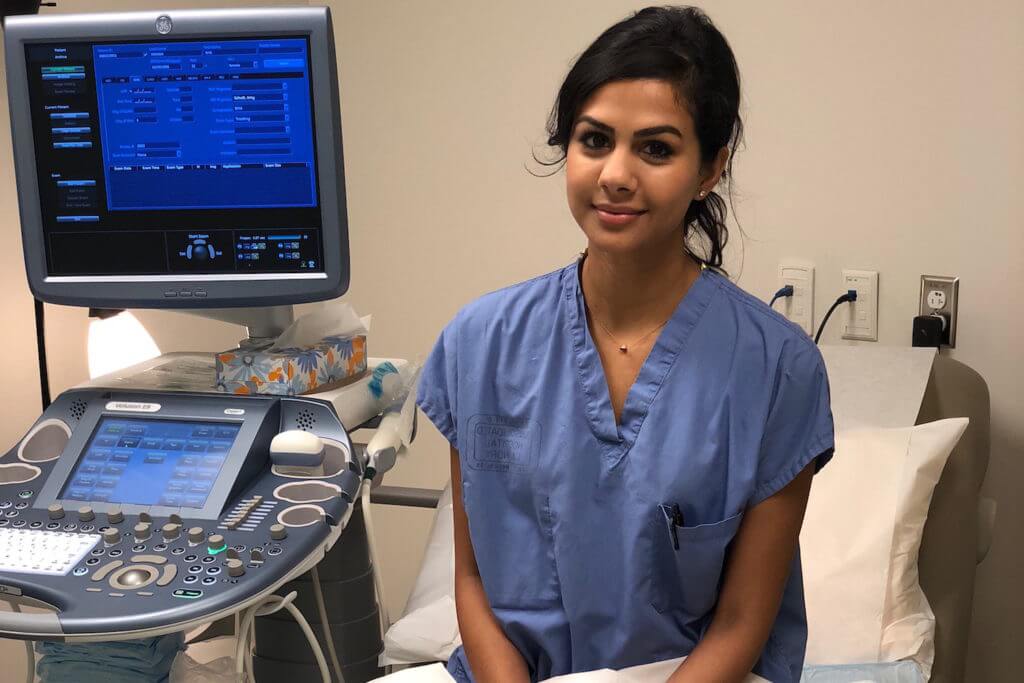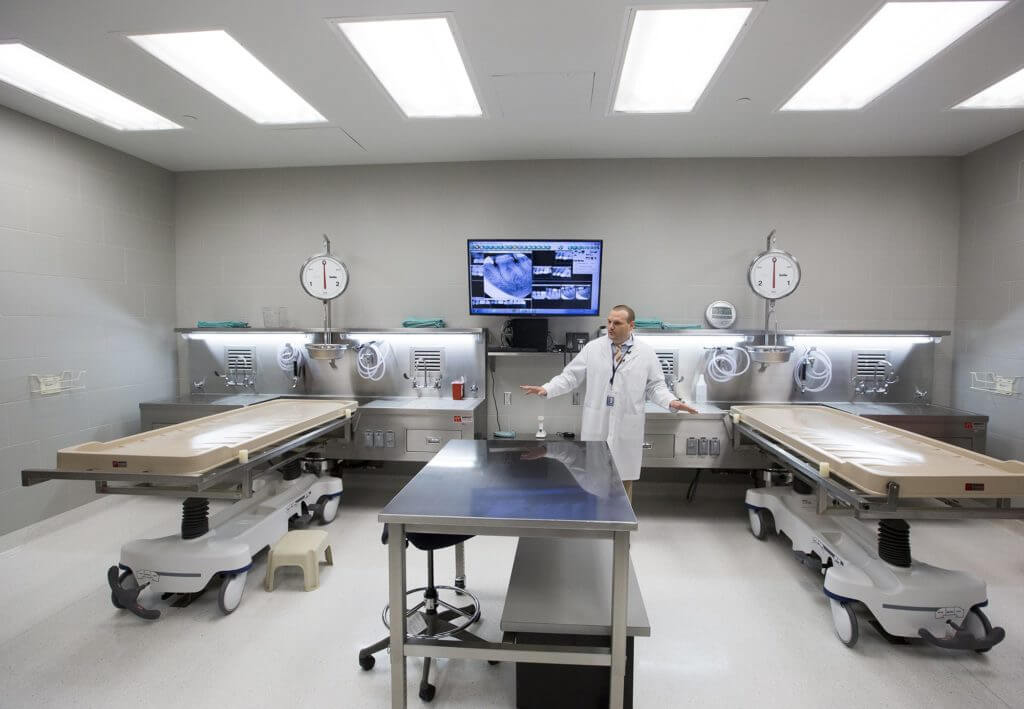Tech makes lab test results quicker for Ben Taub and Harris Health patients
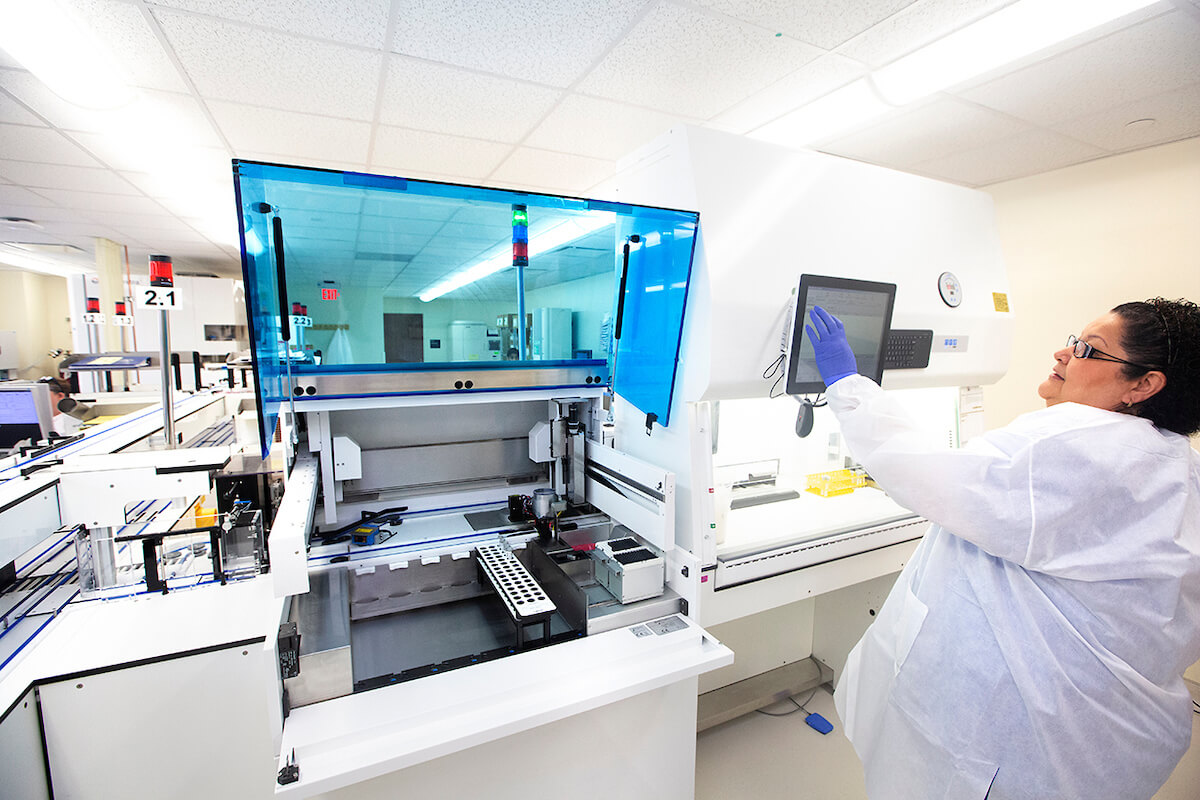
The automated microbiology lab at Ben Taub Hospitalhas revolutionized care for its patients as well as those at all three Harris Health Systemhospitals, the 18 community health centers in the network and other affiliated community institutions such as homeless shelters.
The automated and robotic technology, a Kiestra system, was fully implemented in 2017 and enables laboratory staff to perform 1,000 tests daily.
The technology works to identify bacteria, then tells doctors which antibiotic might work. With quick identification, medical teams can give patients targeted treatment to tackle ailments and shorten hospital stays while eliminating costly and unnecessary medications. Using specific treatments also prevents antibiotic resistance.
“Total laboratory automation allows for very specific quality assurance. Each specimen is inoculated exactly the same way and incubated the same way, so it allows for a very consistent atmosphere for each of the specimens,” said Anna Katta, medical technologist supervisor of the Ben Taub microbiology lab. “As far as patient care, because of the consistency, we have no variations in technique, so it is quality control at its best.”
The automated system has cut processing times dramatically.
Katta, who has been with Harris Health for 30 years, said the system allows staff to identify an organism in minutes instead of hours or days.
“If you look at the cost of a patient bed here for one day, you are looking at anywhere from $2,000 to $5,000 per day,” said Neal Kachalia, administrative director of laboratory services at Harris Health System. “The work done here saves patients a day and a half. Depending on the volume, this lab has an impact financially and we are getting the patient well earlier.”
Beds at Ben Taub are in high demand. Recently, the public hospital converted its patient rooms from four beds each to semi-private dual occupancy and private. While improving overall quality for patients, the change reduced the number of beds from 586 to 440.
“We are a public health system and we have more need than what we can provide,” Kachalia said. “Having this system put in place, we are improving the access to care.”

